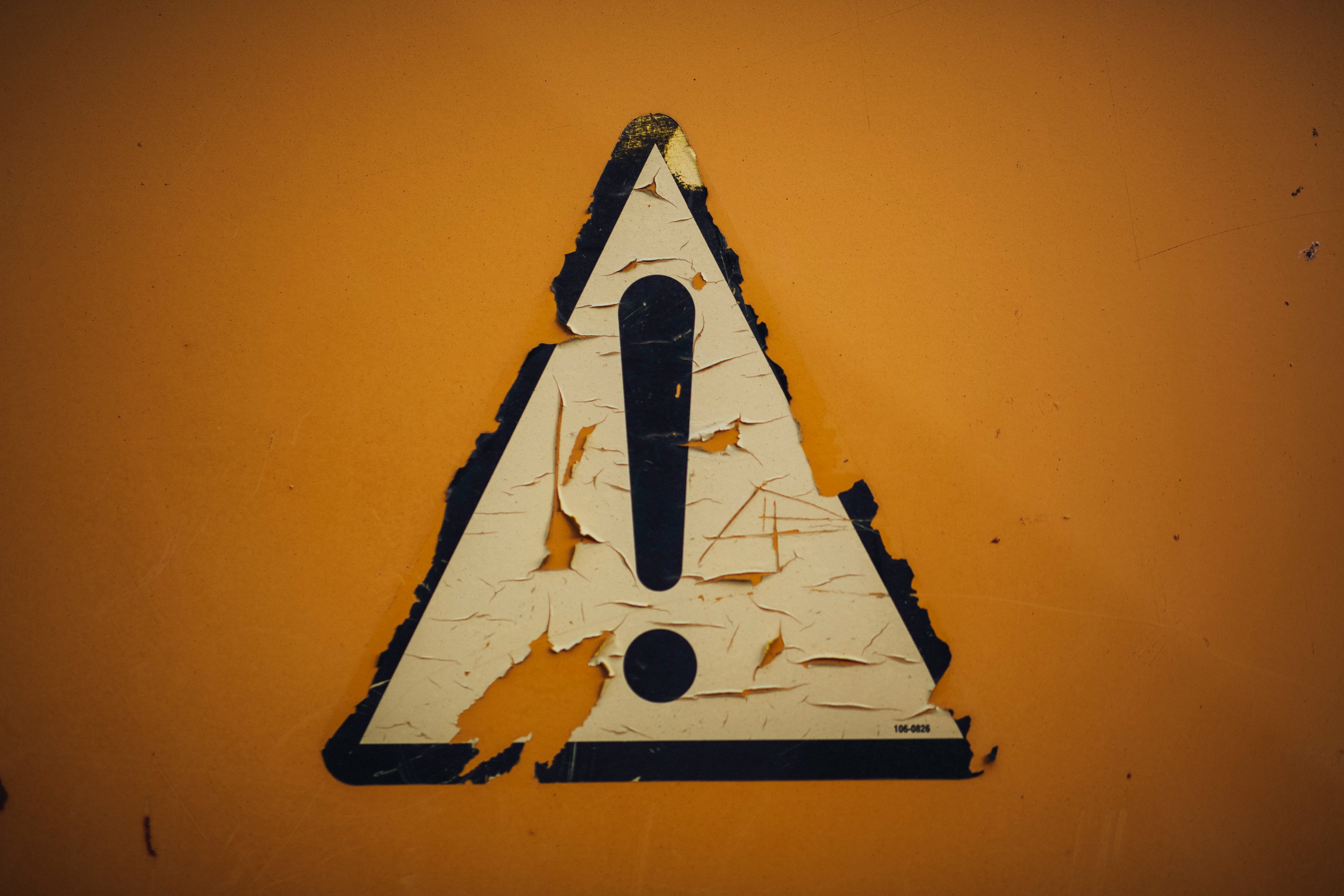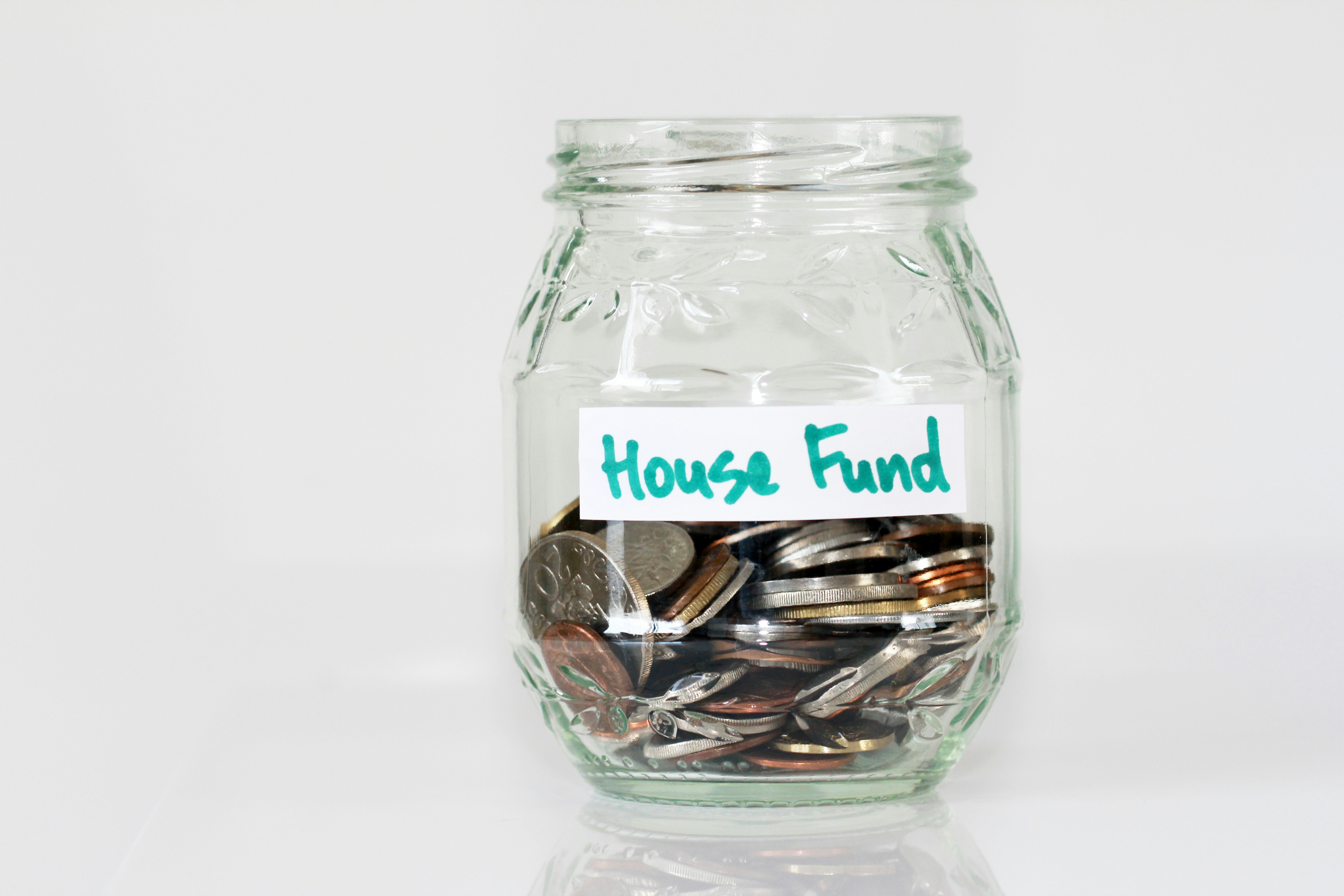The First-Time Homebuyer's Survival Guide: What I Wish I'd Known
Buying your first home is exciting. It's also terrifying, expensive, and filled with more potential pitfalls than a minefield. Trust me — I've seen plenty of service members make costly mistakes that could have been easily avoided with a little preparation.
The good news? As a service member, you have access to one of the best mortgage programs in the world: the VA Home Loan. Understanding how the VA Home Loan works can save you thousands of dollars and help you avoid many of the common first-time buyer mistakes.
Let me walk you through the biggest pitfalls I've seen people fall into, and how you can sidestep them entirely.

Not Understanding How the VA Home Loan Works
This is the big one. Too many service members don't fully grasp what an incredible benefit they have access to. The VA Home Loan isn't just another mortgage — it's potentially the difference between homeownership and renting for life.
Here's how the VA Home Loan works in simple terms: The Department of Veterans Affairs guarantees a portion of your loan, which means lenders are more willing to offer you better terms. You can buy a home with $0 down, no private mortgage insurance (PMI), and typically get competitive interest rates even if your credit isn't perfect.
But here's where people mess up: they assume any lender offering VA loans is the same. Wrong! Shop around. Some lenders are far more experienced with VA loans than others, and that experience can save you time, money, and headaches.
The VA doesn't actually lend you money — they back your loan. Think of them as your financial wingman, vouching for you to the bank. This backing is what makes the magic happen: no down payment required, no PMI (which can save you hundreds per month), and more flexible credit requirements.
Skipping the Pre-Approval Process
I cannot stress this enough: get pre-approved before you start house hunting. Not pre-qualified — pre-approved. These are different things, and the difference matters.
Pre-qualification is basically a lender saying, "Yeah, you might be able to afford this much." Pre-approval means they've actually looked at your finances, verified your income, checked your credit, and committed to lending you a specific amount.

Here's why this matters: In competitive markets, sellers often won't even consider offers from buyers who aren't pre-approved. You could find your dream house, fall in love with it, and lose it to another buyer simply because you didn't do your homework first.
The pre-approval process also helps you understand exactly what you can afford. And trust me, what the bank says you can afford and what you should actually spend are often very different numbers.
Falling for the "Maximum Loan Amount" Trap
Just because you're approved for a $400,000 loan doesn't mean you should buy a $400,000 house. This is one of the most common mistakes I see, especially among younger service members who get excited about their buying power.
Remember, your house payment isn't just your mortgage. You've got property taxes, homeowners insurance, utilities, maintenance, and repairs. That dream house can quickly become a financial nightmare if you're spending every penny on the mortgage payment.
A good rule of thumb: keep your total housing expenses (including taxes and insurance) under 28% of your gross monthly income. Even better, aim for 25% or less. This gives you breathing room for life's inevitable surprises — and trust me, houses are full of surprises.
Ignoring the Total Cost of Ownership
Speaking of surprises, let's talk about the real cost of owning a home. Your mortgage payment is just the beginning.
Property Taxes and Insurance
Property taxes can vary wildly depending on where you buy. That house that seems affordable in one neighborhood might come with tax bills that'll make your eyes water. Always ask about property taxes upfront, and remember — they tend to go up over time, not down.
Homeowners insurance is another big one. If you're buying in an area prone to natural disasters, your insurance costs could be substantial. And if you're required to carry flood insurance, that's another expense to factor in.

Maintenance and Repairs
Then there's maintenance and repairs. The general rule is to budget 1-2% of your home's value annually for maintenance. On a $300,000 house, that's $3,000-$6,000 per year. New roof, HVAC system goes out, plumbing issues — these things happen, and they're expensive.
Don't forget utilities either. That big house with the vaulted ceilings might look amazing, but heating and cooling it could cost a fortune.
Skipping the Home Inspection
I get it. You love the house, you're worried another buyer will swoop in, and the inspection feels like just another hurdle. But skipping the home inspection is like jumping out of a plane without checking your parachute.
The inspection typically costs a few hundred dollars and can save you thousands. A good inspector will identify potential problems that aren't obvious to the untrained eye. Foundation issues, electrical problems, roof damage, plumbing concerns — these are things you want to know about before you sign on the dotted line, not after you move in.
And here's something many first-time buyers don't realize: you can negotiate repairs based on inspection findings. If the inspector finds a bunch of issues, you can ask the seller to fix them or reduce the purchase price. But only if you actually get the inspection done.
Not Budgeting for Closing Costs and Moving Expenses
Even with a VA loan's $0 down payment, buying a house isn't free. There are closing costs, which typically run 2-5% of the home's purchase price. On a $250,000 house, that could be $5,000-$12,500.
The good news is that VA loans allow sellers to pay up to 4% of the purchase price in closing costs. You can also negotiate for the seller to cover some or all of these expenses. But you need to plan for them upfront.
Don't forget about moving expenses either. Professional movers, utility deposits, immediate repairs or improvements — these costs add up quickly. I recommend having at least $5,000-$10,000 set aside beyond your closing costs for these inevitable expenses.
Buying in the Wrong Location
Location isn't just about finding a nice neighborhood — it's about thinking long-term. As a service member, you might get PCS orders in a few years. Will you be able to sell the house easily? Could you rent it out if needed?
Research the local market. Are home values rising, falling, or staying stable? What's the job market like for civilians? Are there major employers in the area, or is the economy heavily dependent on the military base?

Also consider your daily life. How's the commute to base? Are there good schools if you have or plan to have children? What about shopping, healthcare, and entertainment options?
Don't just buy the first decent house you see. Take time to drive around different neighborhoods at different times of day. You might discover that quiet street turns into a raceway during rush hour.
Rushing the Process
This might be the biggest pitfall of all: rushing into homeownership before you're truly ready. I've seen people buy houses because they were tired of living in the barracks, or because they thought it was what they were "supposed" to do.
Homeownership isn't right for everyone at every stage of life. If you're single, early in your military career, and likely to PCS in the next couple of years, renting might actually be the smarter financial choice.
Be honest about your situation. Do you have a stable emergency fund? Are you contributing to your TSP? Do you have other high-interest debt that should be your priority?
There's no shame in waiting until you're in a better position to buy. The VA Home Loan benefit doesn't expire — you can use it when the timing is right for your situation.
Making It Work for You
Here's the thing about avoiding these pitfalls — most of them come down to preparation and patience. Take time to understand how the VA Home Loan works. Get pre-approved and know your true budget. Research locations and factor in all costs of ownership.
Most importantly, don't let anyone pressure you into buying before you're ready. Not your buddies who all bought houses, not well-meaning family members, and certainly not real estate agents who want to close a deal.
When you do decide to buy, you'll be in a much stronger position to make smart decisions and avoid the expensive mistakes that catch so many first-time buyers off guard.
The VA Home Loan is an incredible benefit that can set you up for long-term financial success. Just make sure you use it wisely.



.jpg)

